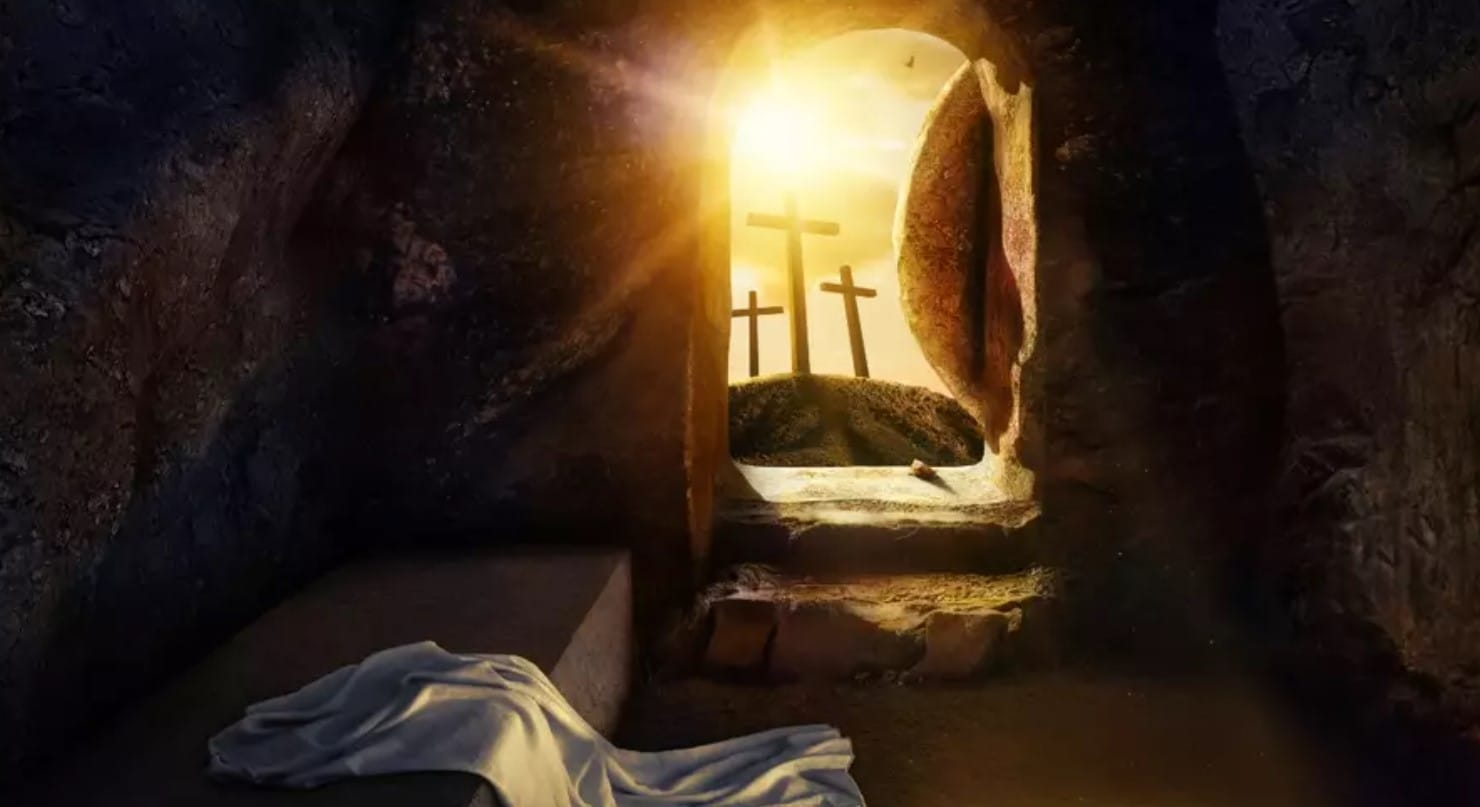Professing our faith in a broken world
31 March, 2024 Easter Year B

War, disease, famine, and economic uncertainty are part of our daily news. The global scenario is depressing, and we feel for the numerous civilian victims. What can we do and how can we respond as we celebrate the resurrection of the Lord?
Our primary response must be one of hope even in the midst of these global catastrophes. Our hope is based on the fundamental Christian belief that Jesus Christ rose from the dead and without this belief our faith is futile, and we are a people living with a delusion.
Despite the work of the ‘masters of suspicion’: Karl Marx, Sigmund Freud and Friedrich Nietszche who proposed respectively that religion was “the opium of the people,” “an illusion,” and that “God is dead,” these critiques need to be addressed in our lives and our response is based on the scriptures and our lived experience.
John’s gospel tells us the story of Mary of Magdala who came to the tomb early in the morning and saw the stone removed. She ran to Simon Peter and the other disciples to tell them the news. Simon Peter and the ‘beloved disciple’ ran to the tomb and the younger man waited until Simon Peter arrived and entered the tomb.
He saw the linen cloths on the ground and the cloth that had been over his head. Peter sees the fact that there is no body and observes the details, but the ‘beloved disciple’ then entered the tomb and we hear that “he saw, and he believed.” Peter is the leader of the followers of Jesus, but the unnamed ‘beloved disciple’ is the model disciple and believer.
While Mary of Magdala is the bearer of the news, it is Peter who proclaims the good news to the household of the Gentile Cornelius and his household. The message of Jesus is not just good news for the Jews but good news for all people.
The good news has influenced the lives of many people who are sustained by their belief especially when they experience difficulties in their lives. They also bear witness by their lives to the difference that faith makes to our lives. Their example is a powerful witness to their children and grandchildren who need to address the issues raised by the ‘masters of suspicion’.
In a climate of increasing relativism in our Catholic schools where there is limited sense of Catholic identity and mission, it is important that we profess our faith through the example of our lives and a continuing commitment to making a difference in our world. Our prayers for a broken world may not bring immediate change to those who are suffering but our commitment to solidarity with them is part of our Christian witness.
May we be inspired by the example of the ‘beloved disciple’ and bear witness to our belief and hope in the presence of God in our midst.
Michael A Kelly CSsR
© Majellan Media 2024
We encourage you to share and use this material on your own website. However, when using materials from Majellan Media, please include the following in your citation: Sourced from www.majellan.media
